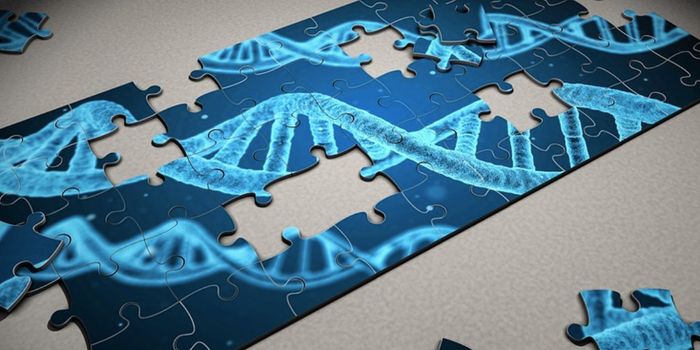Gas Stoves Increase Levels of a Chemical Linked to Blood Cancers
According to a study conducted by a team led by Stanford researchers, gas stoves are linked to an increased in certain chemicals in a household, (the carcinogen benzene, specifically), chemicals that are linked to an increase in certain blood cancers. The study is scheduled to be published in Environmental Science & Technology.
Gas stoves have become an unexpected focal point in our society, particularly from a public policy standpoint. When it was discovered the health and climate consequences of using gas stoves, leaders began questioning whether gas stoves should be banned or not, with New York becoming the first state to ban natural gas stoves in new homes and constructions. This has led to fierce debate over whether or not gas stoves really should be banned or not.
The new study published in Environmental Science & Technology provides additional evidence highlighting the potential health consequences of gas stoves in homes. As part of the study, researchers were able to show that using a gas oven set to 350 degrees Fahrenheit can produce more levels of the carcinogen benzene than is found in second hand smoke, and about 10 to 50 times more than that produced by a typical electric stove.
Benzene, which is also present in cigarette smoke, has been linked to an increased risk of developing blood conditions, including cancers like leukemia.
The team also found that even with good ventilation, such as opening windows or using an exhaust fan, was not enough. Benzene still remained in the home. In fact, many types of exhaust fans, even those that vent outside the home, are not effective and reducing these dangerous levels of chemicals, which can put a household at risk. Researchers also found that benzene produced by stoves can drift into other rooms of a household.
This study is among the first to study harmful chemicals produced when a gas stove or oven is on. Previous studies have suggested that these harmful chemicals can leak when a stove or oven is off, but did not look at actual levels of these chemicals.
Sources: EuerkAlert!; Environmental Science & Technology; CNN; Cancer.gov








